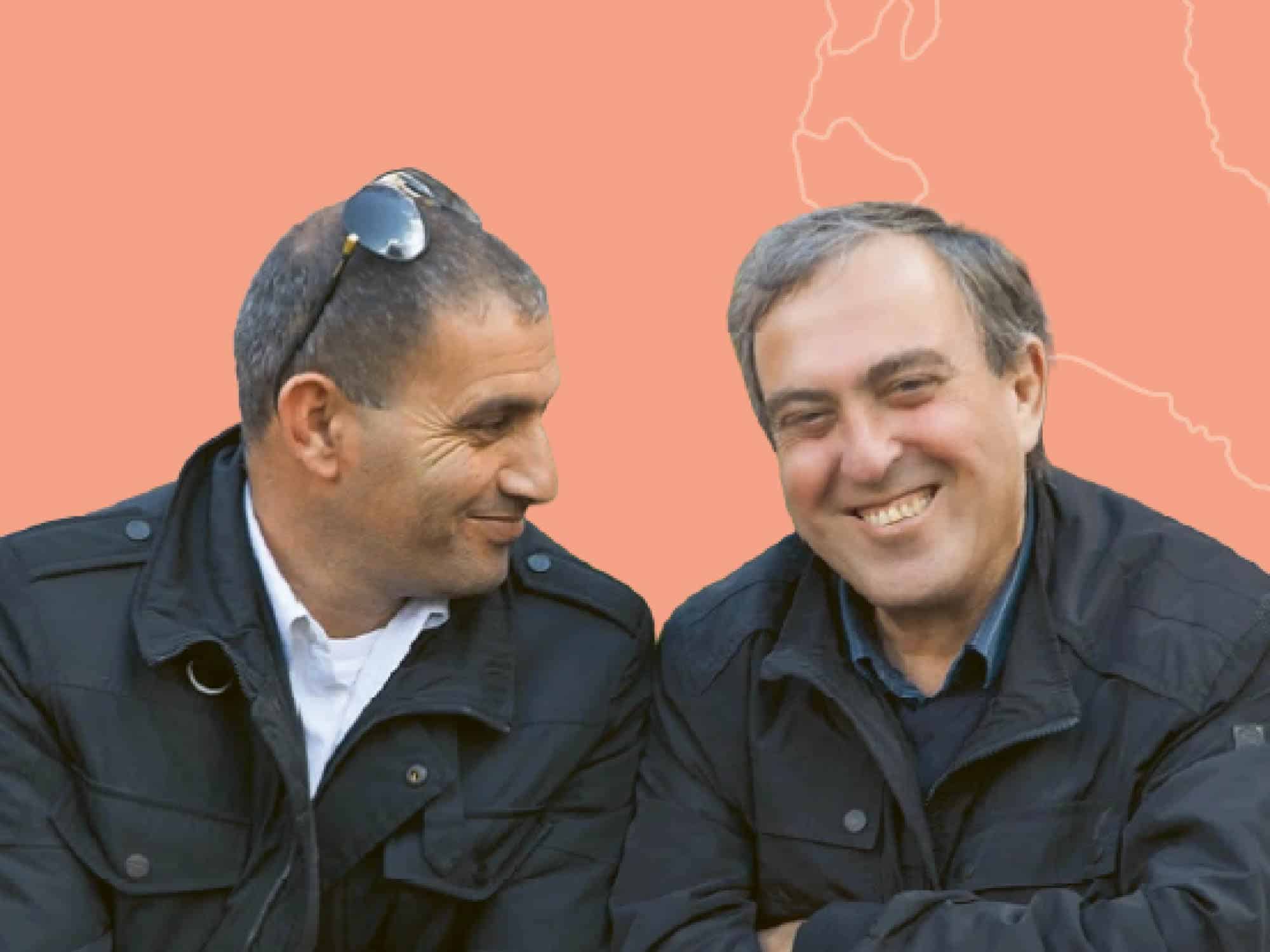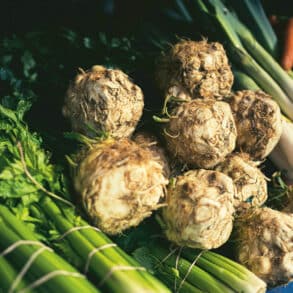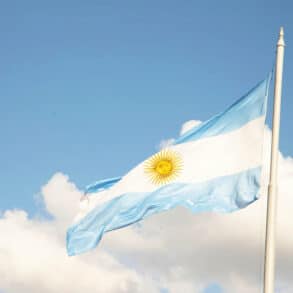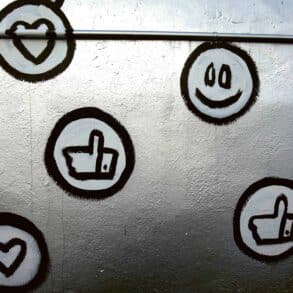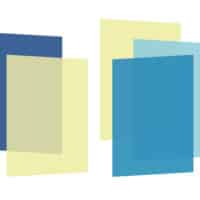Two daughters died in the Middle East conflict. Their fathers, Bassam Aramin and Rami Elhanan, show how one can find a perspective. They will talk to Udi Levy at the Goetheanum about conflict, grief, brotherhood, and peace.
“As a pediatrician and adolescent doctor, I have the question of how to encourage young people who are suffering from anxiety and depression to bounce back from blows of fate.” This is what Karin Michael, Co-Head of the Medical Section, says. She sees how Bassam Aramin and Rami Elhanan deal with the fates of their families as a role model for turning difficult experiences into a positive future. Bassam Aramin and Rami Elhanan live in the West Bank and in Israel; they share the fate of having lost a child in the Middle East conflict: ten-year-old Abir at the hands of an Israeli border policeman and fourteen-year-old Smadar at the hands of a Palestinian suicide bomber. Both fathers met and worked together in the “Parents Circle—Families Forum,” an organization for people who have lost loved ones in the Israeli-Palestinian conflict.
Marion Debus, also a member of the Medical Section’s leadership team, says: “The principle of retribution lives in past-related physical causality and leads to destruction; forgiveness is always something unexpected, something that stems from the freedom of the individual and has a healing effect in a confused social situation.” She appreciates the novel-like depiction of the setting of Bassam Aramin and Rami Elhanan in the book Apeirogon by Colum McCann. “The Irish writer shows how humanity is interwoven in the most complex ways and carefully reveals aspects of the web of the destiny of the Palestinian conflict: the internal and external conditions for the conflict are not revealed as a mono-directional causal chain but as alternating causes.” Such events, it becomes clear, are based on relationships.
Karin Michael hopes that others will feel encouraged by this way of dealing with tragic circumstances to bring their experiences into their communities: “In every community lives the existential question of how one can honestly forgive when one has suffered loss or injury through the fault of others.”
Conversation How the deepest pain becomes brotherhood, Bassam Aramin and Rami Elhanan in conversation with Udi Levy, October 15, 2024, 7 pm, Goetheanum.
Translation Charles Cross

